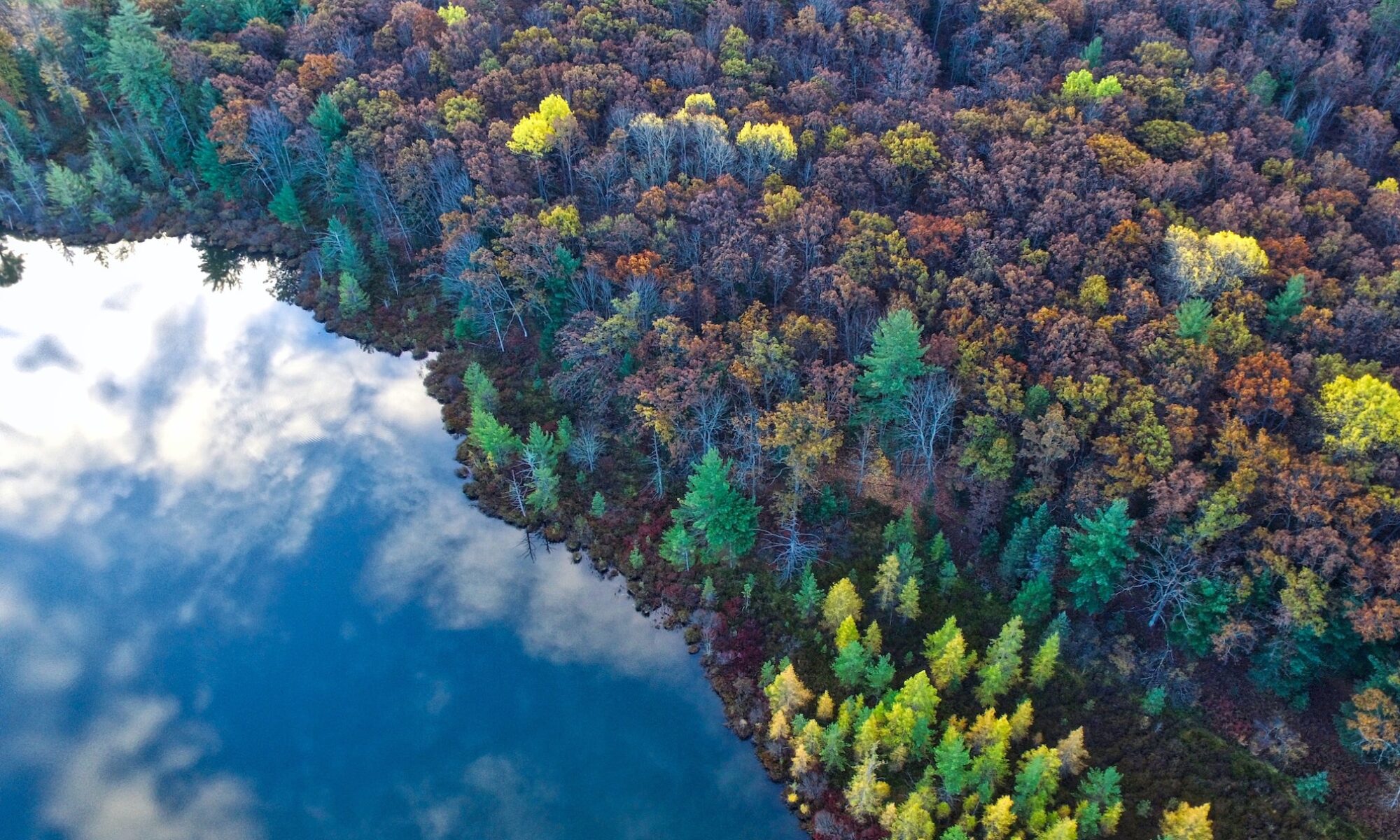Summary of holding
The Court grounded its reasoning on the consolidated case law on the special application of the right to property (Article 21) for Indigenous peoples. In particular, it reaffirmed that Indigenous communities have a right to communal property over their traditional lands and resources not only as “a matter of possession and production, but rather [as] a material and spiritual element” (¶ 86).
Through its private reserve declaration, Paraguay violated Article 21. Not only did the State disregard the Community’s right to request the return of their ancestral lands by ignoring the claim they had filed in 1990, but it also breached their right to effective participation (Article 1.1) in any plan that could affect their traditional lands. Interestingly enough, the aim of the Xákmok Kásek Community’s displacement was the seemingly righteous preservation of the environment. Considering the State’s lack of arguments to privilege environmental protection over Indigenous rights, the reserve declaration could have constituted “a new and sophisticated mechanism adopted by the private owners of land […] to obstruct the land claims of the original peoples […] invoking purposes as virtuous as the conservation of the environment” (¶ 169). Moreover, the State should have proven that lands other than those claimed were more suitable for the Xákmok Kásek Community’s settlement.
The Court then analysed how the breach of the right to communal property of the Community had a direct impact on the violation of several other rights. Paraguay also violated, inter alia, their right to life (Article 4), their right to personal integrity (Article 5.1), and several rights of Xákmok Kásek children (Article 19). A peculiarity of this judgment is the exploration of the nexus between the right to property and the principle of equality and non-discrimination (Article 1.1), defined by the IACtHR as jus cogens, since the “international public order is based on this principle, which permeates the whole legal system” (¶ 269). Referring to its Advisory Opinion on the Juridical Condition and Rights of Undocumented Migrants, the Court affirmed that “States are obliged to adopt positive measures to reverse or change discriminatory situations […] that prejudice a specific group of people” (¶ 271). In the case at stake, Paraguay de facto discriminated and marginalised the Indigenous Community, inter alia by failing to consult them about the private wildlife reserve and by prioritising a rational understanding of property while neglecting their special relationship with the land reclaimed when deciding between the two property rights.
The Court ordered Paraguay to cede the specific 10,700 hectares claimed by the Xákmok Kásek people to them at no cost as well as to ensure that, until then, that land and the Community are not harmed in any way. In terms of guarantees of non-repetition, Paraguay had inter alia to consider the private nature reserve declaration null and establish substantive norms guaranteeing that “it is not enough that the land claimed is owned privately and exploited rationally to reject any land claim” (¶ 310).
Potential takeaways for future climate migration litigation
- People can lose or suffer irreparable harm to their life, identity, and cultural heritage if the State fails to protect a given environment and its natural resources. The absence of positive measures to protect the environment can thus entail the State’s breach of the right to life, personal integrity, and children’s rights, as well as the violation of the equality and non-discrimination principle – a jus cogens rule. This may not be limited to Indigenous communities since the Court stressed the general importance of nature when people are faced with poverty (¶ 197).
- People on the move because of environment-related causes in the Inter-American System countries may avail themselves of the nexus between the environment and the non-discrimination principle. By highlighting that a State has failed to protect the environment in a way that provokes their marginalisation, they can prove that the State has breached a jus cogens rule, thereby committing a serious violation of international law.
- Indigenous communities are often confronted with planned relocations. Not only must States inform them and obtain their consent when the public works at stake have a negative impact on the environment, but also if they are aimed at nature conservation or climate change mitigation. If the goal is environmentally positive, the State should prove that it outweighs the importance of the specific land for the people involved and should provide those people with equally suitable lands.

